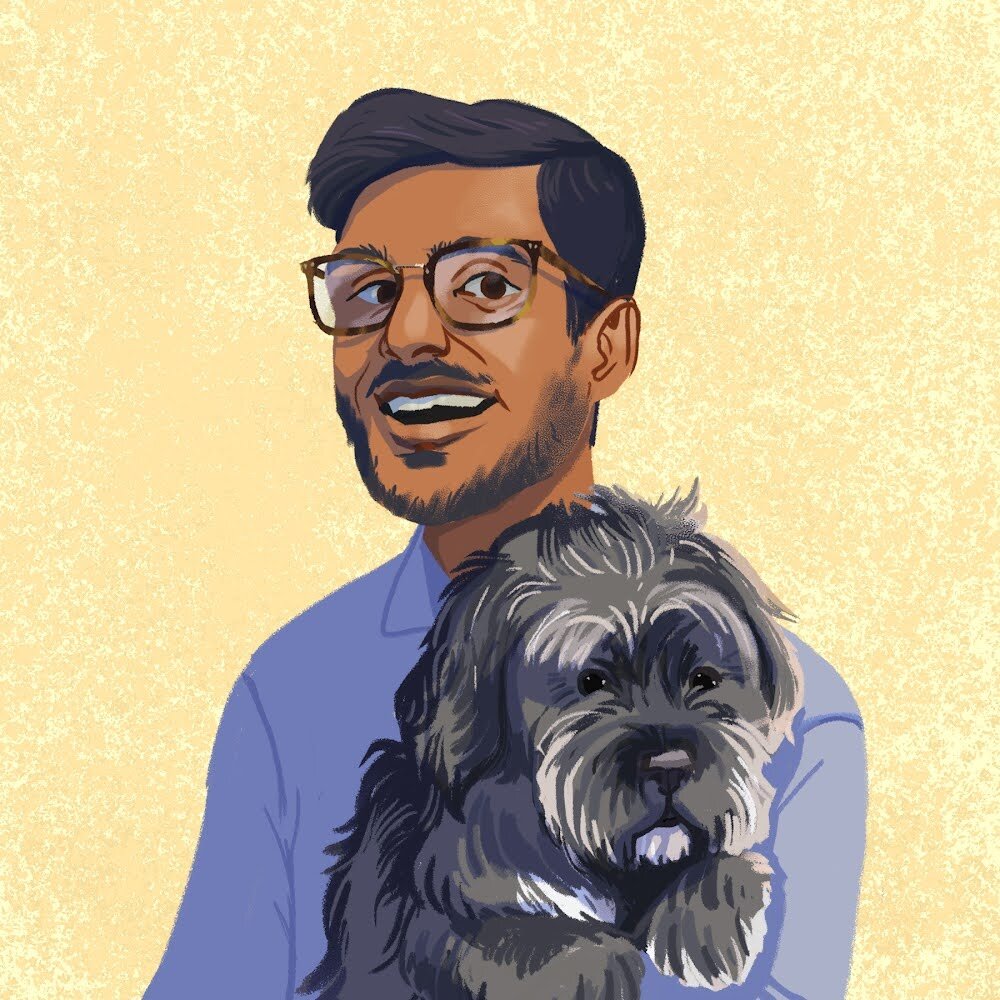Disaggregating social media and civic governance theories
"In the Indian capital of New Delhi, a tiny cohort of Internet savvy consumers is demanding better services from their government and is using social media to make it happen, even though the vast majority of the town’s residents remain off the Internet"
The end of this article claims some minor successes (mostly relating to public shaming of abuses of power by the Delhi traffic police) but in the quote above, the line "even though the vast majority of the town's residents remain off the Internet" caught my eye.
I am not sure exactly what my thoughts are yet, but the difference in what demographic of a political constituency uses a social media tool versus embodied protest might be an interesting way to model social media usage for political purposes. Perhaps educated, networked, drivers in New Delhi are completely well-suited as a demographic who would use social media to air grievances. While uneducated, disenfranchised, impoverished residents might not be the right demographic to try and pose or answer questions about social media usage.
